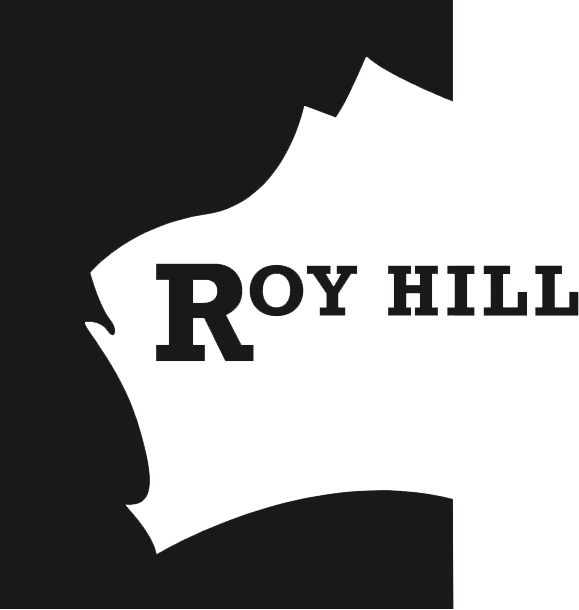News
News
Calls for more garbage trucks to include mandatory safety warning systems
30.08.2023
Calls are growing to make safety warning systems mandatory on garbage trucks after a renowned doctor was killed in New South Wales. The technology is already in place in Perth, thanks to Australia’s richest person, Gina Rinehart, who stepped in after learning of the tragedy.
Read moreVeterans’ Employment Program
29.08.2023
We’ve launched a striking new recruitment campaign to encourage more veterans to join us. Our collective vision across Hancock Prospecting is to create new pathways and increased employment opportunities for ex-defence members (EDM). We know we already have veterans in every part of the business. We now want to use this as a springboard to become the first point of call for others wishing to enter the mining and agricultural industries.
Read moreCorporate Regatta | Team Roy Hill
27.08.2023
It was an oar-inspiring effort from our Roy Hill rowing crews at today's Rowing WA Corporate Rowing Regatta. The coxed four stormed home for the win in their division, while in the coxed eights, Roy Hill took out 2nd and 3rd. The team was thrilled to have our Executive Chairman, Mrs Gina Rinehart AO, cheering them on. Patron for the Australian Rowing Team, Mrs Rinehart's dedication to the sport and her unwavering support for our athletes is truly inspiring. Her presence today is a testament to her commitment to our staff, athletes and the sport of rowing. The Roy Hill team proudly wore the colours of our charity partners and even Fat Cat got into the action!
Read moreFamily-friendly fun in the City of Light this summer
27.08.2023
Having played a significant role in the 2023 City of Lights series, Hancock Prospecting and Roy Hill has stepped up again thanks to the generosity and keen support of Executive Chairman, Mrs Gina Rinehart AO, partnering on two of the City’s most popular events.“I am delighted that Hancock Prospecting has once again agreed to come on board as a naming right partner for this event.” The Hancock Prospecting City of Light Show will take place on 26 January 2024 at Langley Park in the City. Mr Zempilas said the City was also pleased to have Roy Hill as a presenting partner for its New Year’s Eve celebrations.
Read moreRowing WA Corporate Regatta | Roy Hill Rowers, raising awareness!
27.08.2023
Congratulations to all that participated in the rowing W.A. Corporate Regatta, proudly sponsored by Mrs Gina Rinehart Patron of Rowing Australia. Additionally sponsored by Hancock Prospecting and Roy Hill. Raising awareness for Telethon, which taking place October 21st and 22nd.
Read moreAN OARSOME CHALLENGE
26.08.2023
Roy Hill have been a Million Dollar Partner of Telethon since 2021, last year donating $1 million with a further $2 million coming from Executive Chairman Gina Rinehart’s Hancock Prospecting. Mrs Rinehart is also the patron of Rowing Australia and the Australian Rowing Team, a fact which Hancock Group Operations chief executive Gerhard Veldsman said had been driving the team during their early-morning training sessions. “The Roy Hill rowing team have been out on the water for seven weeks before dawn, conquering the cold and challenges head on together,” he said. “We’ll be proudly wearing our charity partners, including Telethon, Solaris Breast Cancer Care, and men’s health initiatives, on our team uniform for extra motivation. This journey is all about hustle and heart.”
Read moreIntergenerational Report: Experts say solution to age-old problem is to make us work longer
26.08.2023
Business leaders, economists and seniors groups are urging Anthony Albanese to develop an ambitious blueprint aimed at encouraging older Australians to stay in the workforce for longer as a way to ease the growing tax burden on the young while the country’s population ages. The policy prescriptions include raising the pension age again, delaying when superannuation can be accessed, allowing people to work more hours without losing the aged pension, increasing training programs for older workers, and pushing for an end to age discrimination in the workforce.
Read moreOlder workers to be encouraged back into the workforce
26.08.2023
One of the key messages from Treasury's Intergenerational Report, released yesterday, is that Australia will have a dwindling pool of workers over the next 40 years as the population's average age increases. The Treasurer Jim Chalmers says he wants to get older people working if they want to. But older workers say they face significant challenges to stay in the workforce. And advocates say it's time to get rid of the bureaucratic redtape.
Read moreFamily-friendly fun in City of Light this summer
26.08.2023
The City of Perth will be the place to be this New Year's Eve and Australia Day 2024 thanks to a partnership with Hancock Prospecting and Roy Hill. Having played a significant role in the 2023 City of Lights series, Hancock Prospecting and Roy Hill has stepped up again thanks to the generosity and keen support of Executive Chairman, Mrs Gina Rinehart AO, partnering on two of the City's most popular events. Lord Mayor Basil Zempilas said the free shows were wildly popular last summer and were expected to again be a hit with families and visitors alike.
Read moreAgeing population sparks calls to cut senior workforce tax barriers
25.08.2023
With the Australian population set to age, the Institute of Public Affairs (IPA) says the government needs to “remove unfair tax and red tape barriers stopping Australian pensioners, veterans, and students who want to work.” Research Fellow at the IPA Saxon Davidson told Oliver Peterson on Perth Live that Australia needs to emulate New Zealand where pensioners are not punished for working, “Leading surveys show that twenty per cent of pensioners would rejoin the workforce if these unfair barriers were removed.”
Read more











